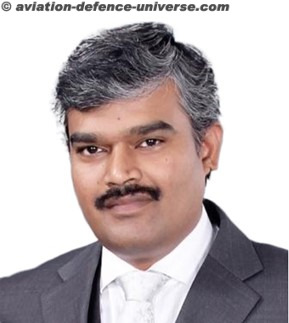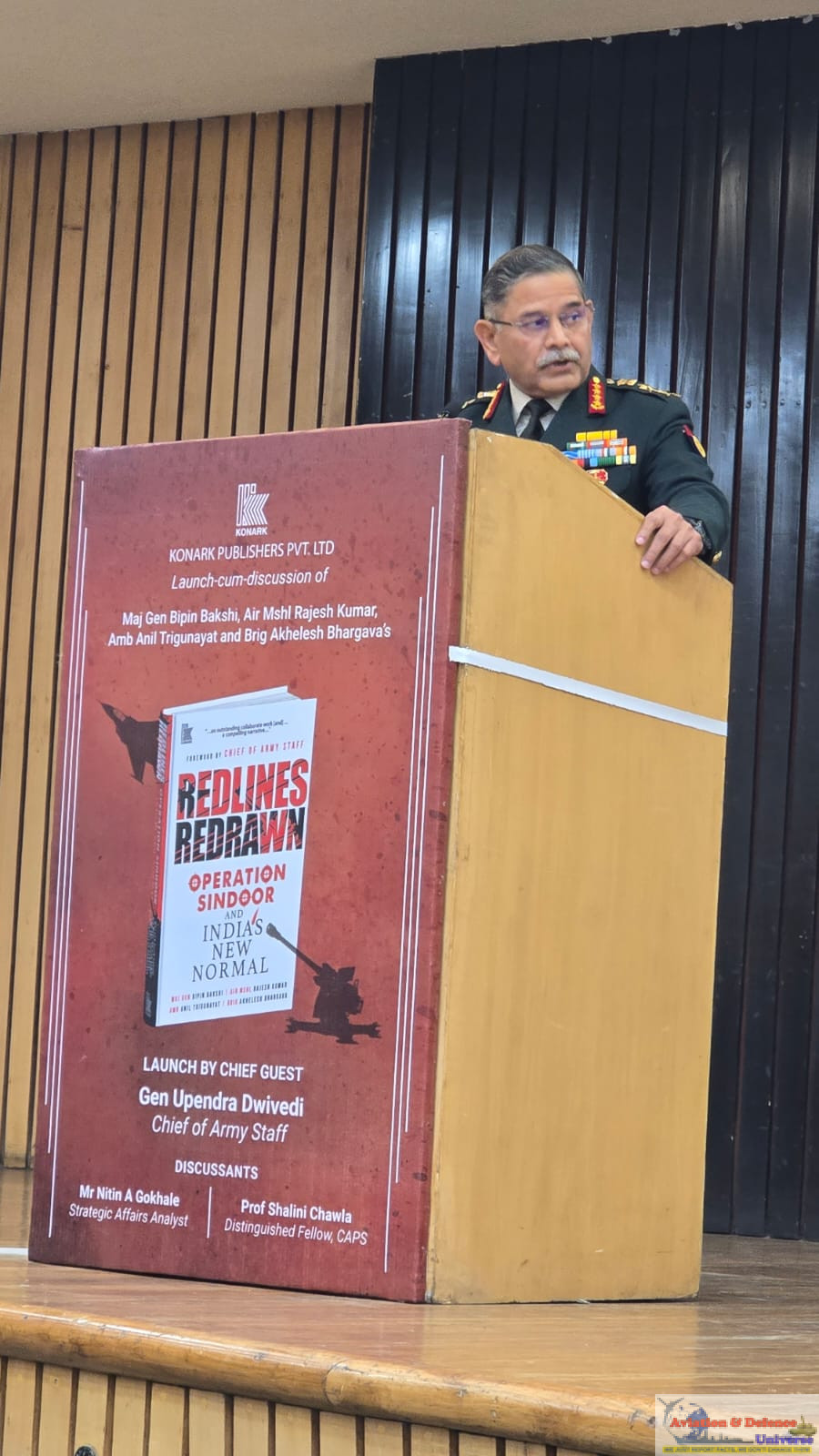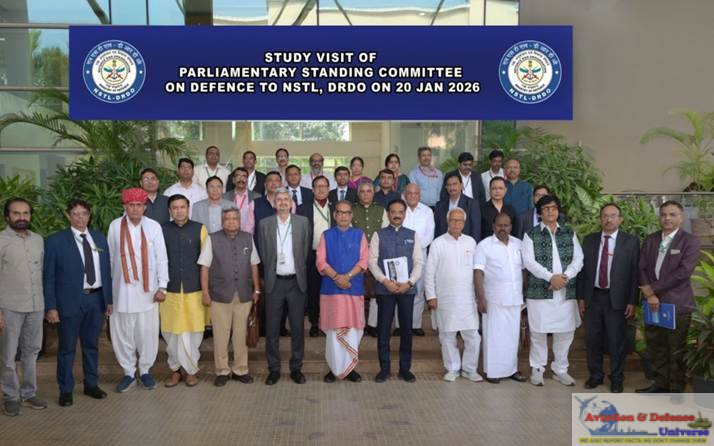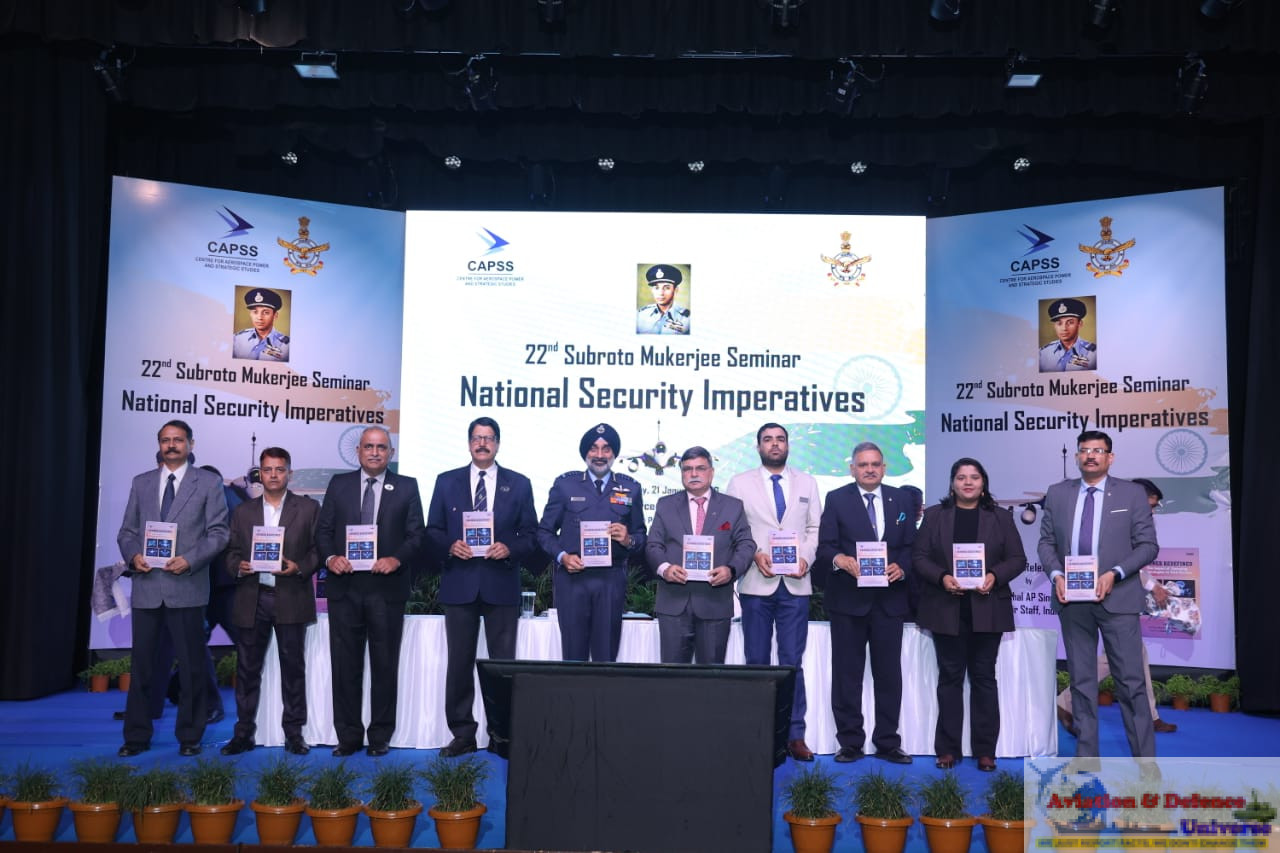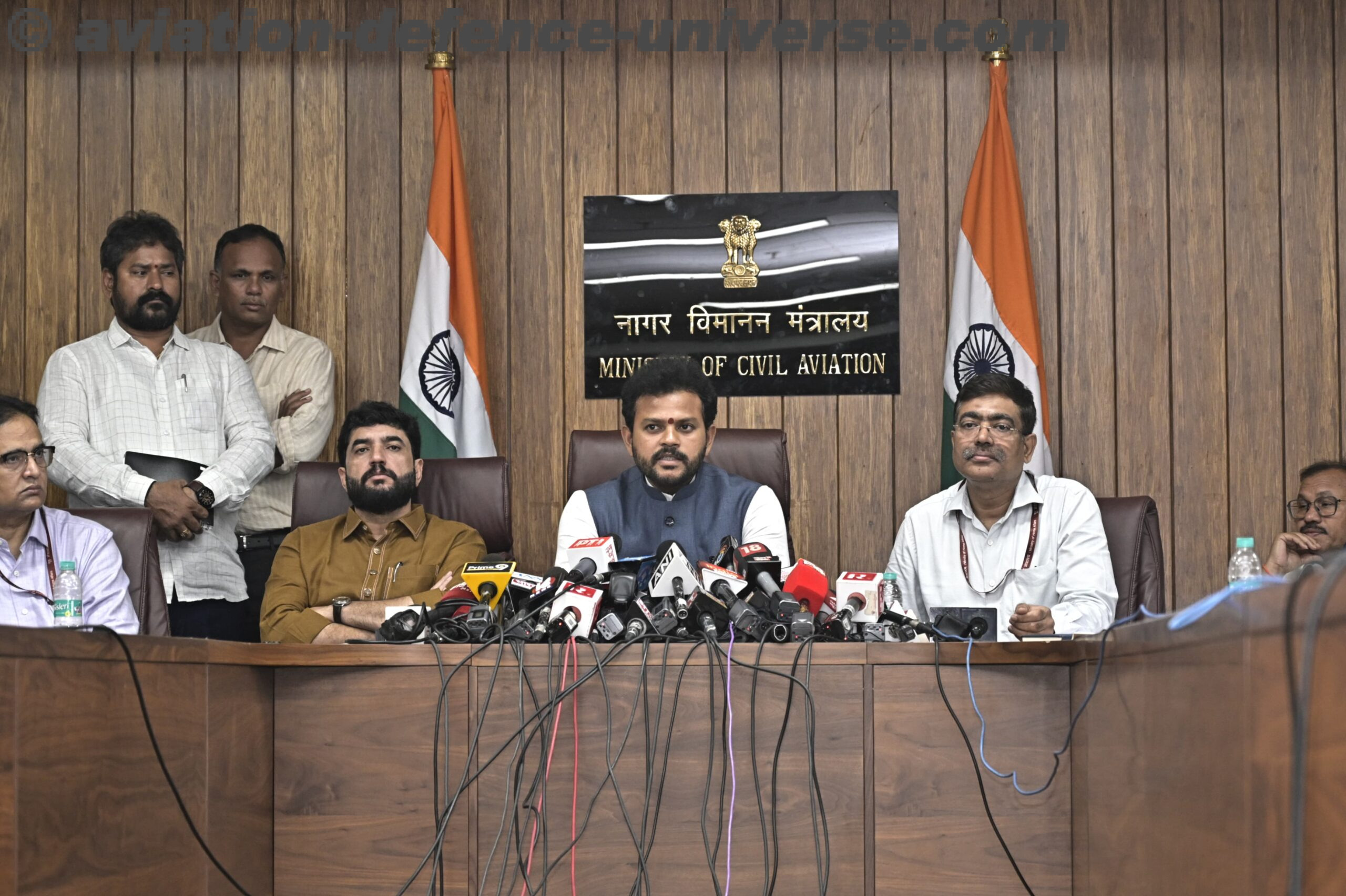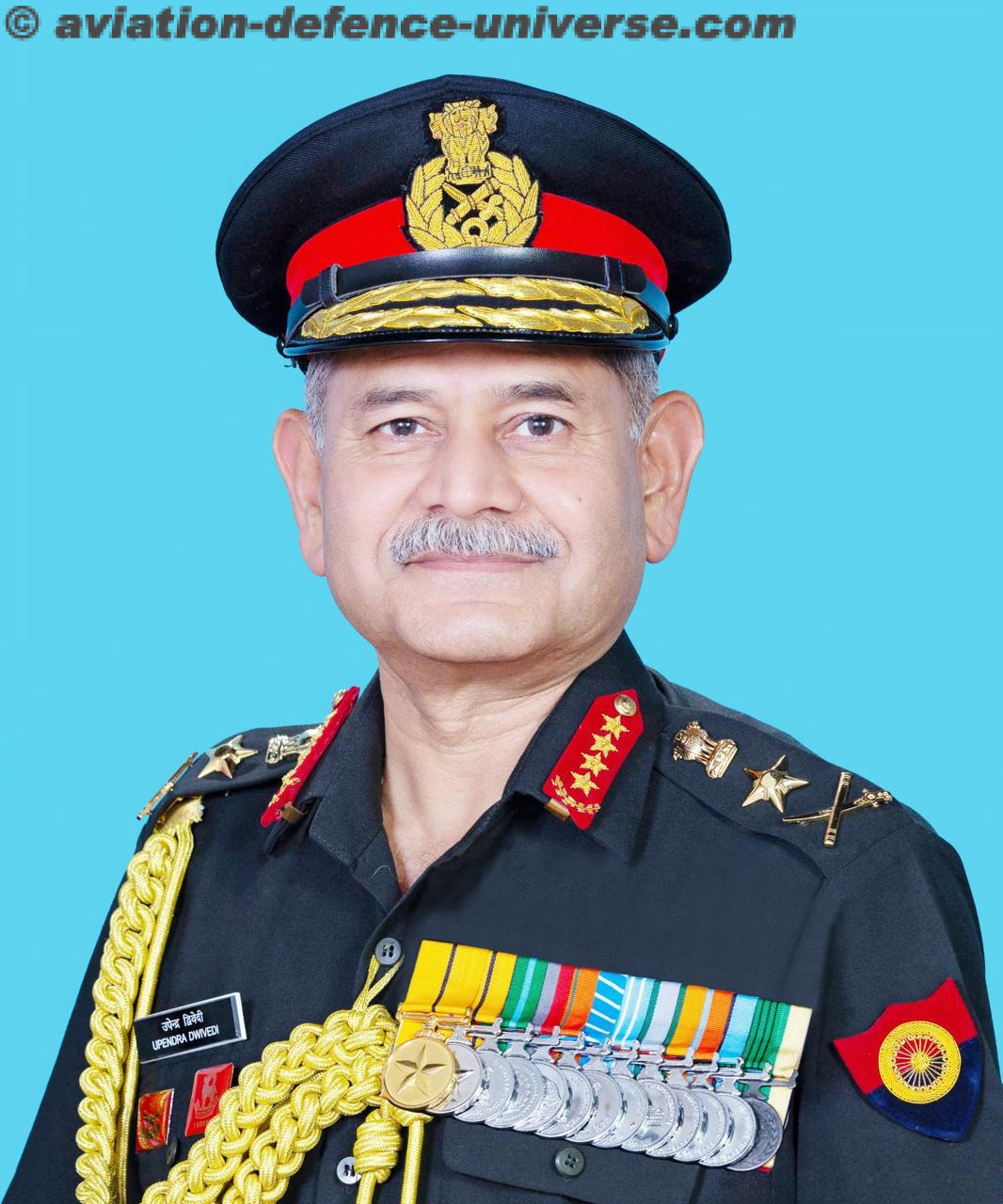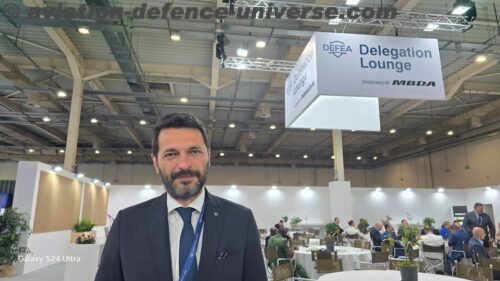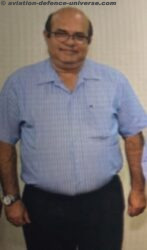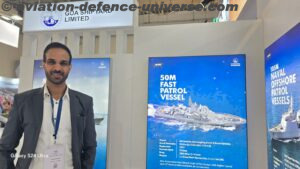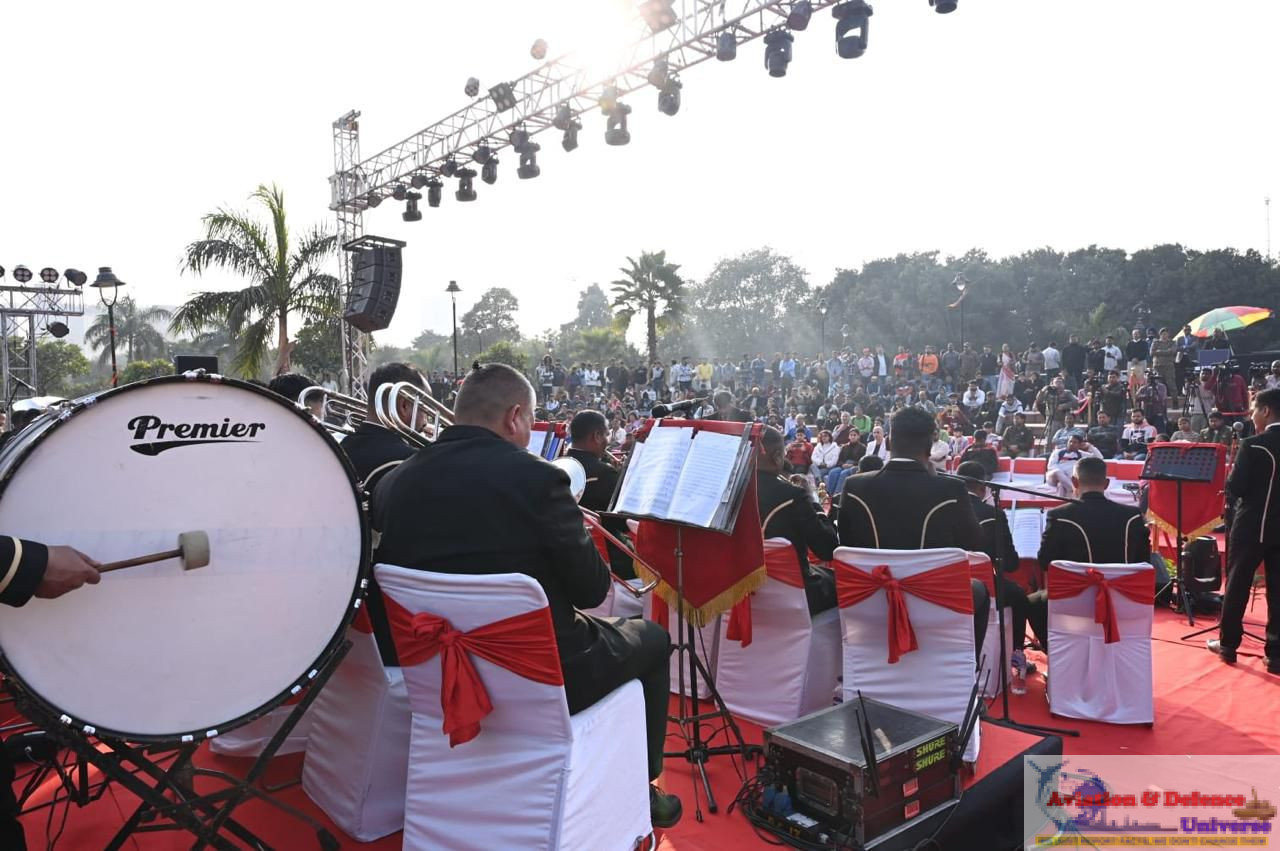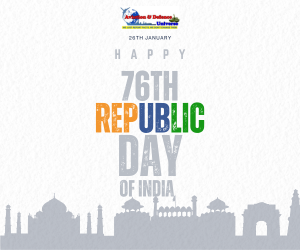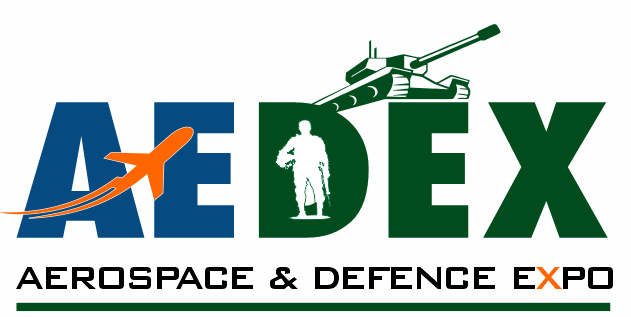- Mediterranean Stronghold : Greece is Shaping Europe’s Defence Future
By Sangeeta Saxena
Athens. 08 May 2025. Greece’s geostrategic location at the crossroads of Europe, Asia, and Africa makes it indispensable to Mediterranean security. With maritime dominance, robust defence infrastructure, and proximity to hotspots like the Middle East and North Africa, Greece acts as a stabilizing force in the region. It plays a crucial role in safeguarding vital trade routes and monitoring migration flows, which are increasingly linked to national and regional security.
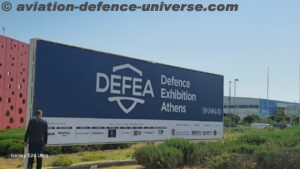 As the global security landscape evolves, Greece is emerging as a vital node in both Mediterranean stability and Europe’s defence posture. At the heart of this development is DEFEA – Defence Exhibition Athens – a premier international platform that showcases the latest in defence and security technologies. On Day 3 of a packed DEFEA 2025, ADU caught up with Vassilis Barkas, Director of DEFEA, to talk about the exhibition’s rapid growth, Greece’s strategic ambitions, and the evolving defence ecosystem it seeks to shape.
As the global security landscape evolves, Greece is emerging as a vital node in both Mediterranean stability and Europe’s defence posture. At the heart of this development is DEFEA – Defence Exhibition Athens – a premier international platform that showcases the latest in defence and security technologies. On Day 3 of a packed DEFEA 2025, ADU caught up with Vassilis Barkas, Director of DEFEA, to talk about the exhibition’s rapid growth, Greece’s strategic ambitions, and the evolving defence ecosystem it seeks to shape.
ADU. Vassilis, DEFEA 2025 has been bustling from Day 1. How does this edition compare to the previous ones?
Vassilis Barkas. You’re right—it’s been a vibrant and productive event from the start. We’re very satisfied with the visitor turnout, even on Day 3. The difference this time lies in the increased geopolitical importance of Greece, which is being reflected in how international stakeholders are engaging with DEFEA. Greece is elevating its strategic position within the EU and beyond, and that’s clearly resonating.
ADU. In what ways has Greece strengthened its defence positioning internationally?
Vassilis Barkas. Greece plays a pivotal role in building a “pre-armed Europe” by promoting industrial cooperation within the defence sector. Our country also has strong relations with key players in the Middle East and Asia—like India—which we view as a strategic ally and industrial partner. This broader geopolitical engagement is a driving force behind the rising interest in DEFEA.
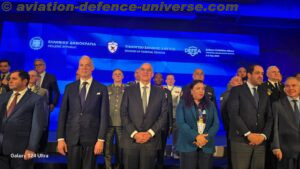 ADU. The inauguration was quite impressive with ministers, delegations, and international forces present. How would you describe the level of participation this year?
ADU. The inauguration was quite impressive with ministers, delegations, and international forces present. How would you describe the level of participation this year?
Vassilis Barkas. DEFEA 2025 welcomed 440 exhibitors from 37 countries and hosted 18 national pavilions. We had over 100 official delegations from 45 countries, including ministers, deputy ministers, and chiefs of staff. This high-level representation wouldn’t be possible without the strong support of our Ministry of Defence, Civil Protection, and other key institutions.
ADU. Homeland security seems to be gaining more visibility at DEFEA. How significant is this domain for the event?
Vassilis Barkas. Absolutely. DEFEA is a three-service show—Army, Navy, and Air Force—but security has become an integral component. Technologies now have dual-use purposes, which bridge defence and homeland security. So, we ensure platforms are available for firefighting, border surveillance, and civil protection. Ministries like Citizen Protection and Shipping also play key roles here.
ADU. We noticed the presence of defence associations like SEKPY. What is their role in DEFEA?
Vassilis Barkas. SEKPY, the Hellenic Manufacturers of Defence Materiel Association, is a co-organizer of DEFEA. For the first time this year, they hosted the European Defence Association meeting during the exhibition. Their involvement helps us attract other associations and foster dialogue on industrial challenges and solutions within Europe.
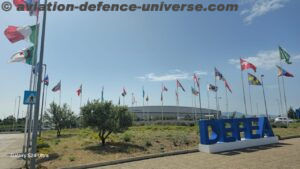 ADU. From an industry standpoint, what kind of returns are participants seeing at DEFEA?
ADU. From an industry standpoint, what kind of returns are participants seeing at DEFEA?
Vassilis Barkas. DEFEA is all about industrial cooperation. We’ve developed a dedicated matchmaking platform for connecting exhibitors with visiting delegations and buyers. It’s a seller-buyer market that encourages interaction and partnerships. This kind of engagement leads to long-term business opportunities, not just show-floor visibility.
ADU. This year we noticed a startup zone and representation from EDF. Could you elaborate on these additions?
Vassilis Barkas. Yes, we’re proud to introduce a startup area that showcases fresh ideas and emerging tech. We also feature an “EDF Project Lake,” which highlights European Defence Fund projects. Agencies like the European Defence Agency, the European Procurement Agency (OCCAR), and NATO’s NSPA are actively engaging with startups and companies here.
ADU. Is academia also part of the DEFEA ecosystem?
Vassilis Barkas. Certainly. Universities and academic institutions are the new think tanks of defence. They are here in full force, presenting research and ideas. We recently held a meeting with political authorities to explore the potential of academic contributions to defence tech. It’s essential to nurture this bridge between innovation and application.
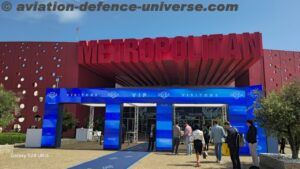 ADU. Finally, can you share plans for the next edition of DEFEA?
ADU. Finally, can you share plans for the next edition of DEFEA?
Vassilis Barkas. Yes, the next DEFEA is scheduled for 18th–20th May 2027. Since 2021, we’ve seen a 30% growth per edition. Our aim is to maintain this momentum by expanding both international exhibitor participation and delegation attendance. We’re committed to working harder and raising the bar even further.
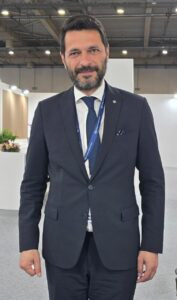 Beyond its geographic advantage, Greece is firmly embedded in the European defence ecosystem. As a strong NATO ally and proactive EU member, Greece contributes significantly to initiatives like PESCO and EDF. Through DEFEA and similar platforms, Greece not only showcases its own capabilities but also fosters collaborative defence innovation among EU and non-EU partners. Its growing partnerships with countries like India indicate a broader ambition to position itself as a global defence facilitator.
Beyond its geographic advantage, Greece is firmly embedded in the European defence ecosystem. As a strong NATO ally and proactive EU member, Greece contributes significantly to initiatives like PESCO and EDF. Through DEFEA and similar platforms, Greece not only showcases its own capabilities but also fosters collaborative defence innovation among EU and non-EU partners. Its growing partnerships with countries like India indicate a broader ambition to position itself as a global defence facilitator.
DEFEA has clearly evolved into a world-class defence and security exhibition, thanks to a strategic blend of government support, international cooperation, and cutting-edge innovation. As Director Vassilis Barkas aptly outlines, DEFEA is more than an exhibition—it is a dynamic hub of dialogue, partnership, and defence evolution. With Greece’s rising influence and DEFEA’s expanding global footprint, the future looks both secure and promising.
As told to Sangeeta Saxena








